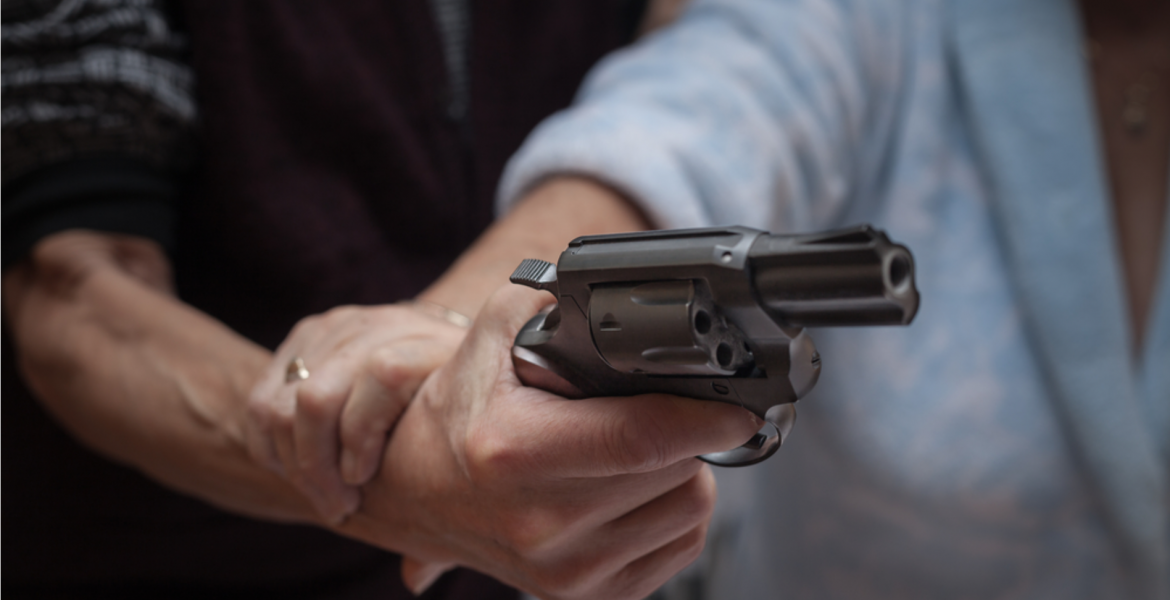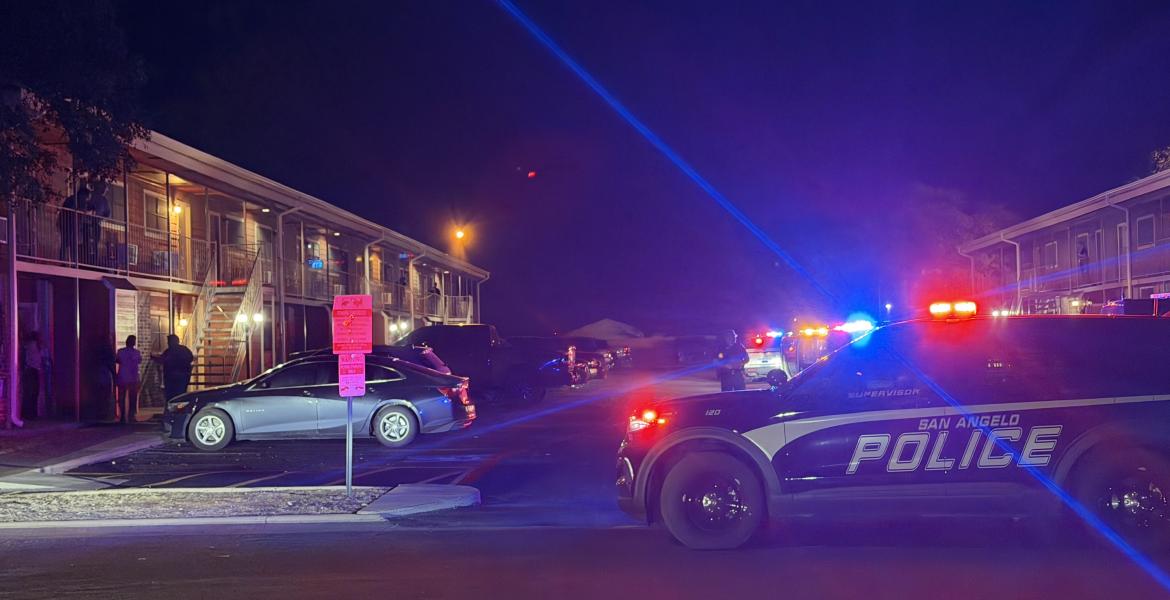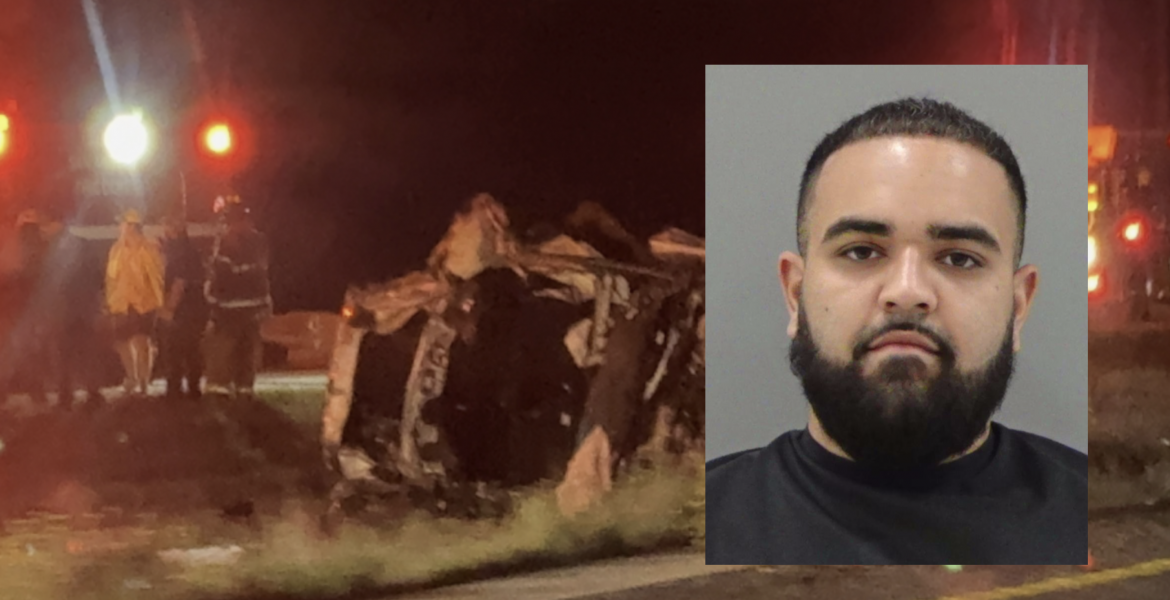HUNTSVILLE, TX – The state of Texas is set to execute inmate Ruben Gutierrez on Tuesday after he's spent more than 20 years on death row and nearly a decade fighting for DNA testing that he claims could finally prove his innocence.
Gutierrez was convicted in 1999 for the murder of a Brownsville elderly woman during a home invasion.
However, unless Texas Gov. Greg Abbott or the U.S. Supreme Court halts the execution, it will be the first execution carried out in the state since the coronavirus pandemic swept the state.
Gutierrez's latest appeals to the high court and the governor asked for a suspension of his execution while the virus continues spreading in the state, DNA evidence goes untested and prison policy forbids religious advisers from being granted access inside the execution chamber. A federal judge recently halted the execution last week in order to review arguments regarding the religious policy and DNA testing, but the 5th U.S. Circuit Court of Appeals overturned the ruling last Friday, pushing Gutierrez execution back on the calendar.
The Texas Court of Criminal Appeals began delaying death row executions due to the novel coronavirus that spread across the nation back in March — citing “the current health crisis and the enormous resources needed to address that emergency.”
Gutierrez filed a similar motion to halt his execution earlier this month, however the court denied the motion without any explanation.
At the Huntsville Unit,(where inmates are executed) there have been dozens of prisoners and multiple employees confirmed to have active cases of the coronavirus as of Saturday, according to reports from the Texas Department of Criminal Justice.
The city of Huntsville has also recorded numerous infection surges throughout it's seven prison system.
Gutierrez’s attorneys argued in many of their filings that questions regarding staff availability during the health crisis, close contact between employees and execution witnesses, requirements that require people to travel to "infected" towns, and the lawyers' limited ability to conduct interviews for final appeals should have persuaded the court to delay Gutierrez' execution.
Attorneys Shawn Nolan and Richard Rogers wrote a letter to Gov. Abbott on Monday stating, "No execution has occurred in Texas since the pandemic emerged, and under prevailing conditions it would be dangerous to change that now."
43-year-old, Ruben Gutierrez, was sentenced to death for the brutal 1998 stabbing and beating death of 85-year-old Escolastica Cuellar Harrison during a home invasion robbery. Harrison lived in a residence on the property of a mobile home park she owned and due to her distrust with banks had stowed roughly $600,000 in her house at the time of her death, according to court documents.
Indictment reports indicate Gutierrez had a connection with Harrison through her nephew and befriended her after learning about her small fortune, which is why prosecutors initially accused Gutierrez of the fatal robbery along with two other men identified as, Rene and Pedro Garcia.
According to the TDCJ, after murdering Harrison, Gutierrez and the two co-defendants fled the residence with a minimum of $56,000.00 in cash, however a portion of the remaining money is still unaccounted for.
After authorities spoke with Pedro and Rene Garcia in forensic interviews, Gutierrez was zeroed in on as the killer. As investigators questioned him, Gutierrez offered multiple variations of events, and at one point even admitted he was present during the assault, but in fact was not the killer.
In 1999, a grand jury sentenced him to death, but two decades later Gutierrez still maintains his innocence.
Garcia, plead guilty for his involvement, and has been serving a life sentence. Rene Garcia, an accomplice of Gutierrez's, is serving a life sentence. The other suspect, Pedro Garza, has been wanted for 20 years after he was released from jail on bond before his trial, according to local media.
Following his arrest, Gutierrez told police that he had been waiting in a nearby park while the other two men were supposed to rob Harrison, but he didn’t know they intended to kill her.
During their investigation of Harrison's death, investigators collected fingernail scrapings, hair fragments that were found on on the victim's hand, and blood stains, but the collected DNA evidence has never tested.
Gutierrez has fought for years for investigators to test the evidence claiming it can ultimately prove his innocence, but Cameron County prosecutors argue that due to the fact that there may have been multiple individuals involved, tested evidence that didn't match him still wouldn’t necessarily prove him as innocent.
On Friday, an appeals court agreed that in the state of Texas a defendant can be sentenced to death for acting as an accomplice in a capital murder case.
In their Friday ruling a panel of judges wrote, “A search for DNA on the victim’s clothing and elsewhere would not reasonably lead to evidence that would exclude Gutierrez as an accomplice, the problem for Gutierrez is that he was convicted without jurors needing to determine whether he was the actual murderer or an accomplice.”
Aside from DNA testing, a new appeal is currently pending before the U.S Supreme Court which focuses on TDCJ’s execution policies.
Gutierrez’s attorneys argue his execution should be ceased due to the fact that TDCJ’s new policy banning chaplains from the execution chamber violates his First Amendment right to religious freedom.
The department’s policy previously granted TDCJ chaplains access into the execution chambers, where religious advisers typically pray and rest a hand on the inmate’s leg during execution. However the policy was changed in 2019 during the execution of a Buddhist inmate which was stayed because TDCJ only had Christian and Muslim advisers on it's staff.
Rather than allowing spiritual advisers into the chamber who were not TDCJ staff, officials, citing security concerns, opted to take the advice of Supreme Court Justice Brett Kavanaugh and changed their policy to deny chaplains (of any religion) access into the execution chamber. Gutierrez is currently battling TDJC officials for a Christian chaplain.
Gutierrez attorney Matthew Lawry wrote in Monday's brief to the nation's high court claiming that, “Texas decided to avoid the discrimination issue by taking away Mr. Gutierrez’s religious freedoms.”
The state countered that Gutierrez would still be allowed access to consult with a chaplain and or perform any last rites in the moments before his execution when prisoners are granted access to spiritual advisers.
If the execution proceeds, Gutierrez’s would be the seventh inmate to be executed in the United States and the second in Texas in 2020, according to the Death Penalty Information Center.
His lawyers have written a letter to Abbott requesting a 30-day stay due to an increase in coronavirus cases across the state of Texas.
Gutierrez' case has also caught the attention of many popular activists including Kim Kardashian West, a newly turned prison reform advocate, who tweeted on Sunday calling for a full review of the case before Gutierrez execution.
Subscribe to the LIVE! Daily
Required






Post a comment to this article here: